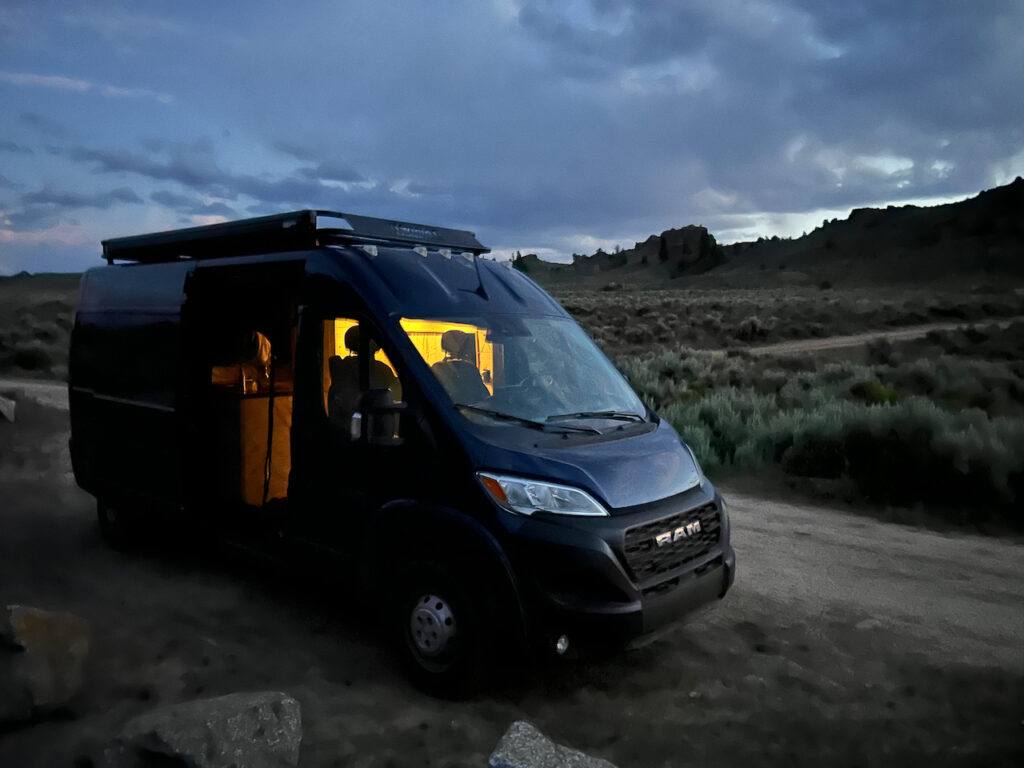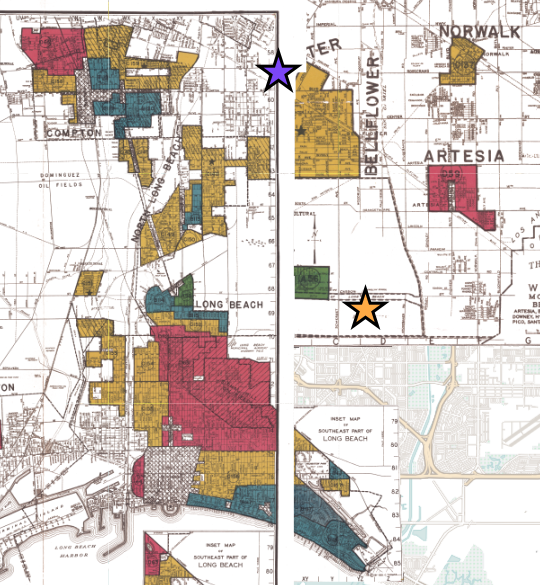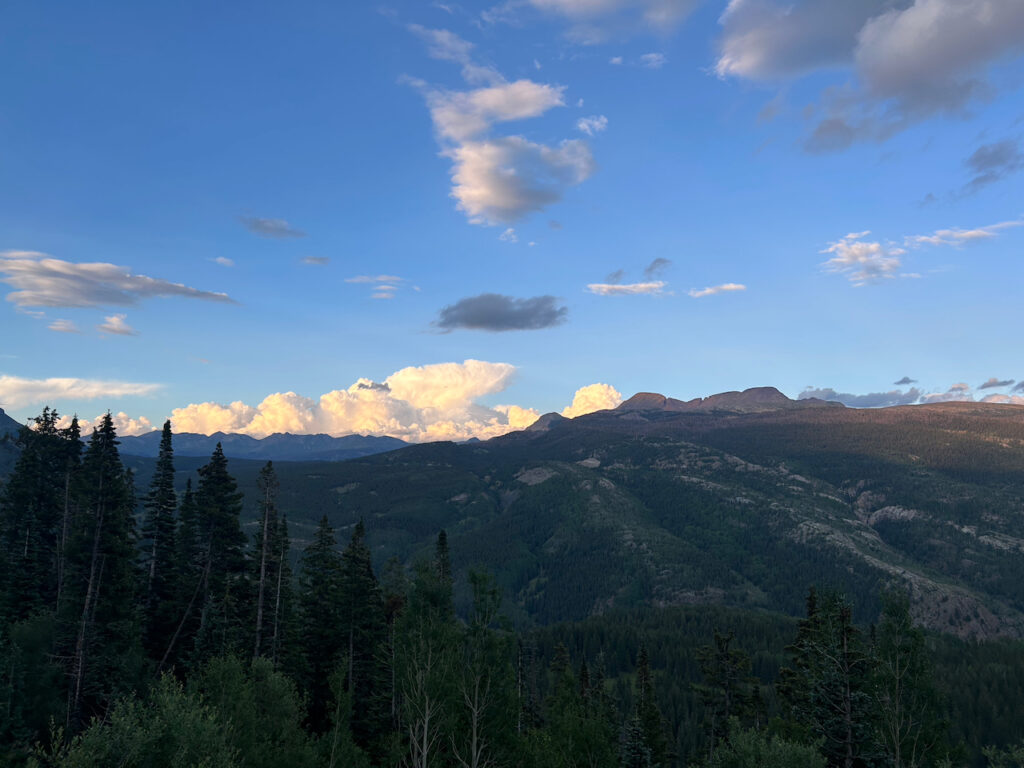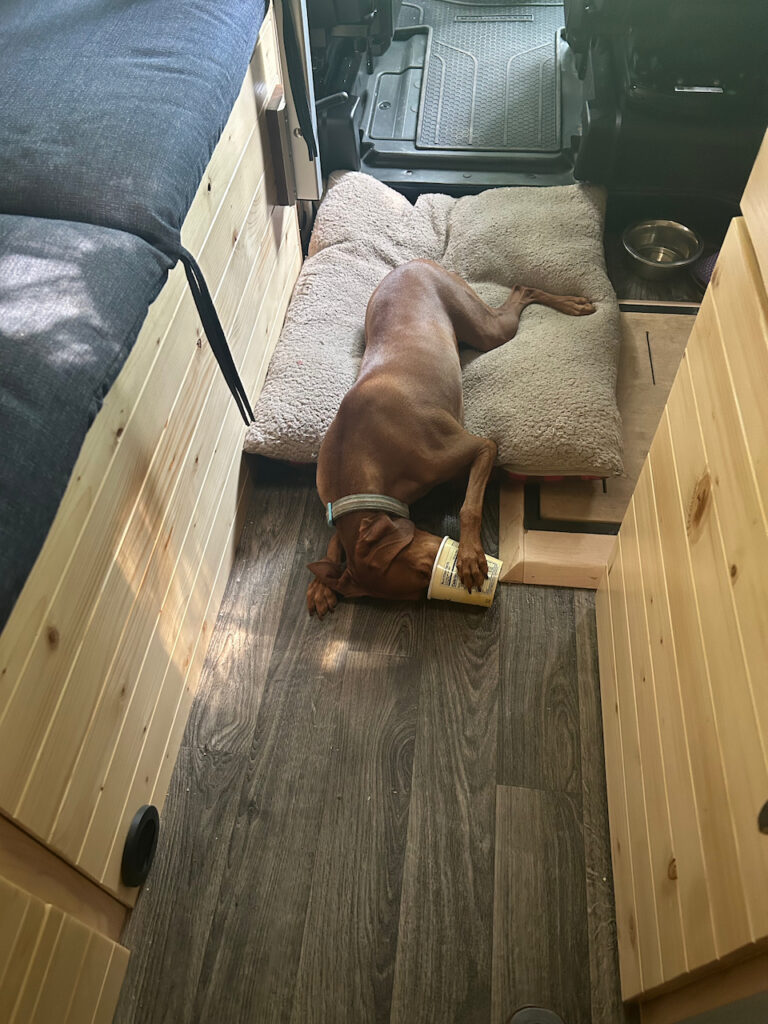On Privilege
As I was in Durango, my video editor and I published an installment that I shot prior to leaving Phoenix. It was a reflection on my own privilege and where it came from. In making the video, I dug in to learn how the red-lining in Long Beach and Paramount California trickled down through three generations to give me the privilege I have, while depriving so many others of my age. You can see that video here.
Red-lining is not new. But I don’t know that many of us who have benefited generations later from it’s misguided and racist aims have taken the time to see how real it is; that it is not just an academic historical footnote. This project made it feel so much more real to me.
In the video, I scanned over red-lining maps from the Los Angeles area and found were my maternal and paternal grandparents bought homes in the 1950s. They became very real as I could see how the home purchased by both sets of grandparents gained value, which was passed down to my parents, and which was then compounded and passed down to me.
Less than a few miles from these homes were nearly identical neighborhoods where families could not get a loan to invest in a home, the wealth of which could then never be passed down to their children and grandchildren.
It is not lost on me that I am able to afford this little van live novelty because my parents, who both passed away unfairly young last year, left me the modest but meaningful wealth they accumulated, in part, because of these racist policies.
And, before we veer wildly off in to political tit-for-tats, I want to say that two things can be true at once. Yes, my grandparents and my parents made wise and frugal choices in order to leave me this humble nest egg. But also, they gained a boost that allowed their wealth to be compounded in ways that were crucially deprived other equally deserving non-white people.
Had it been explained to them, I am certain that at least one of those sets of grandparents would have argued for the end of the practice.
And here I sat, driving away from the very expensive Durango, toward Gunnison and then Crested Butte. While the rural spaces between them still suffer their own economic disparities, it felt that these more populous tourist towns –filled with far too many empty homes of part-time residents, short term rentals or investment properties backed by hedge funds– were in their own way depriving a whole new generation of their ability to create and pass down wealth to their children and grandchildren.
The stories whispered from the forests lining the winding roads as thick as curtains as I past old mining towns like Silverton or Ouray Colorado told of similar disparities between the laws written for the haves and the burdens carried by the have nots.
We are in a never-ending struggle to balance the power for justice. As I drove this little van excursion, I was aware that there was certainly more I could have done in my life. As much as I thought I was dedicating my career to this, I certainly had blind spots.
But what would I be doing if I were to stop trying. What would any of us be doing?





